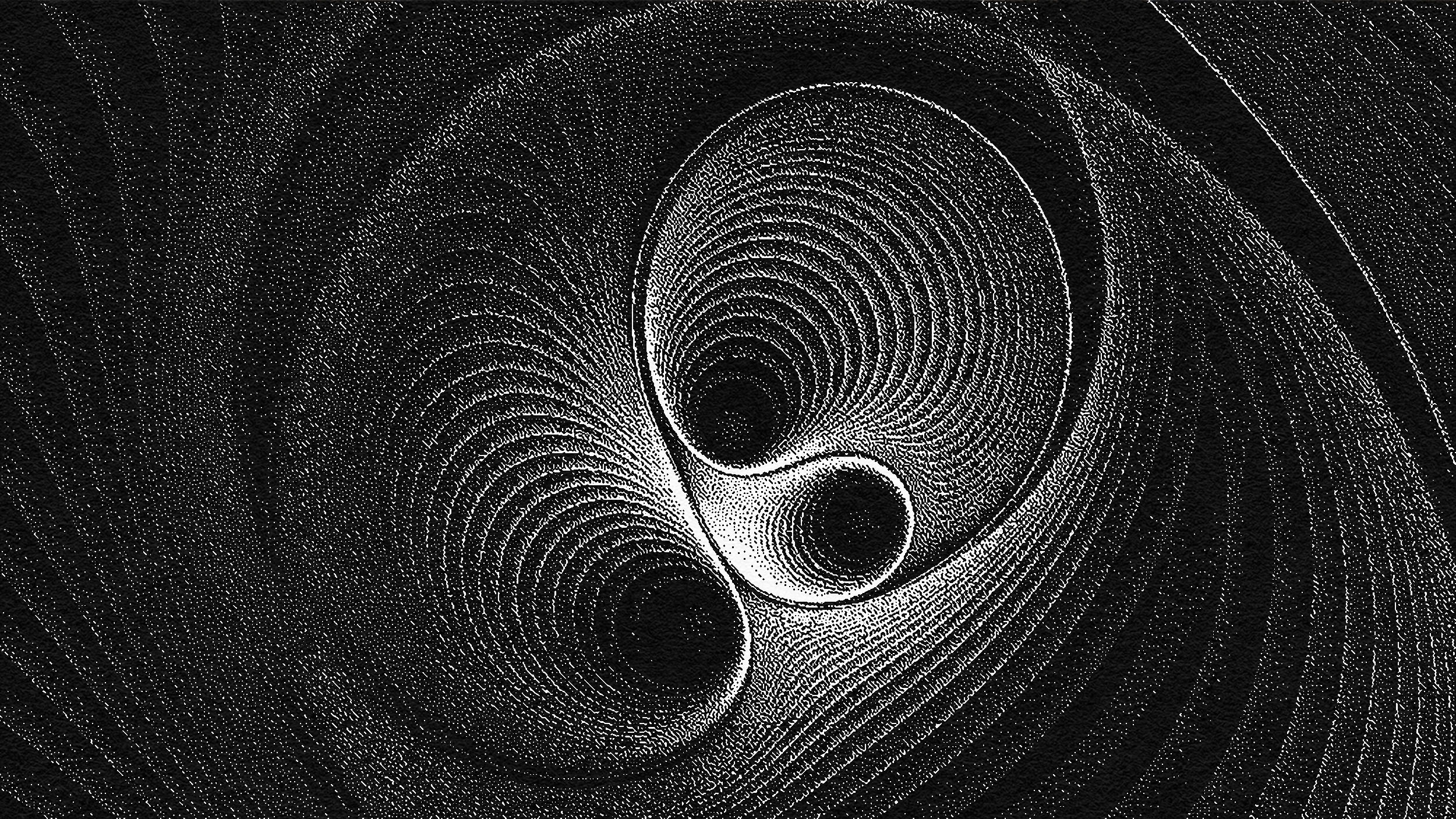Rather than discrediting the occult, recent scientific discoveries in quantum physics seem to reaffirm a place for mystical ideas. But the author cautions both sides not to jump to hasty conclusions.
Question: Have the scientific innovations of the past century made occultism obsolete?
Mitch Horowitz: Science, as it reaches the public mind, has both served to discredit and unintentionally reaffirmed mystical ideas. During the age of the Enlightenment, certainly people that were interested in astrology divination, alchemy, mesmerism, were forced out of royal courts and mainstream universities—this light shone throughout Europe and people were interested in Newtonian mechanics never mind the fact that Newton himself also had a lifelong interest in alchemy. But the irony was that some people who were at the forefront of the Enlightenment were enamored of the religious experiments that occurred during the renaissance. But, regardless, their experiments and their rationalist philosophy removed occultism forever from respectable courts and universities.
That was mirrored to a degree in America—although institutions were much more independent in America. But if you move forward several generations, as you get into the 20th Century, really for the past 80 years, and really right now in our generation, experiments in quantum physics have reignited people’s religious or mystical imaginations. It’s almost impossible to overstate the strangeness and the peculiar nature, the astonishing nature of what’s been found in quantum physics experiments, say over the past eight decades. On an atomic scale, scientists are finding that particles seem not to appear until they’re observed. It’s suggestive of all kinds of incredible and extraordinary things and quantum physicists are rightly concerned that new agers, or people like me, should not be seizing upon these things to say, “Aha! Look! Evidence of everything the renaissance occultists were interested in.” Because quantum physicists themselves don’t understand this material. It’s the challenge of our age. It’s the mystery of our age. And the danger is that it gets overstated in this colloquial way and everybody uses it to say, “Well look, physics itself is proving that our minds create reality,” which is one of the cherished beliefs of occultism, particularly in this country as the mental healing movement and the positive thinking movement began to develop from the mid-19th Century and spread out across the entire country.
That is a hasty conclusion because, first of all, all the quantum physics experiments have occurred chiefly on the atomic scale and we are taught to believe that nature’s laws are consistent. But we still need proof because when you’re seeing something that extraordinary in a particle accelerator, it doesn’t mean that’s what’s gonna happen to me in a corporate board meeting. And I encourage people not to make that leap. At the same time, I encourage quantum physicists not to disparage the new agers who are intelligently interested in this material. They should be interested in it. We all should be able to have a conversation without exaggerating what’s going on.
It’s a very precious time and moment, because also in physics department all across this country and universities, there is a generation that was educated in the 60s and 70s that is attaining positions of leadership and is able to have some influence over funding. Some of these physicists educated in the 60s and 70s are more open to the question of quantum physics than the previous generation.
The previous generation felt that physics is not concerned with meaning. Yes, you can observe extraordinary things in a particle accelerator, but leave it to the metaphysicians, leave it to the philosophers to discuss the meaning. That doesn’t belong in the lab.
The younger generation of physicists, classically trained, rigorously rational folks responds to that and says: “Well, but what is physics for if not to explain the nature of reality?” So I think in this generation we are going to see a blossoming of experiments and funding in the area of quantum physics. And that’s really something to watch. That’s the mystery of our age.
Recorded on October 4, 2010
Interviewed by Max Miller






